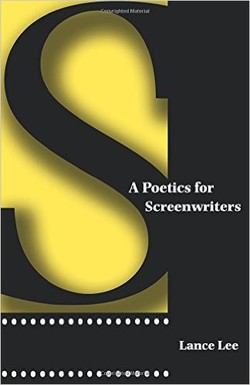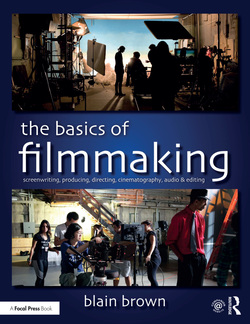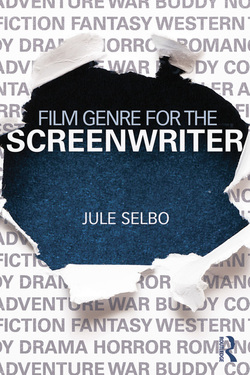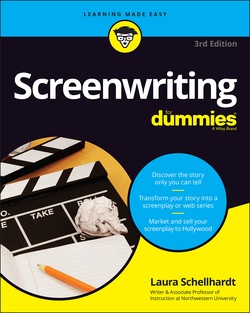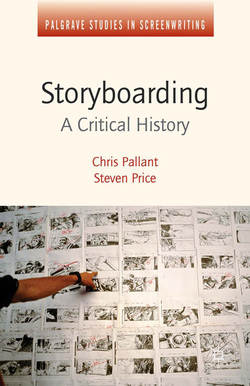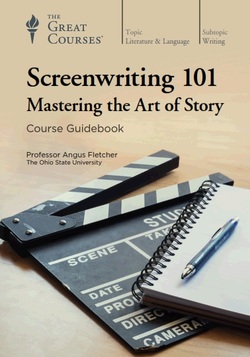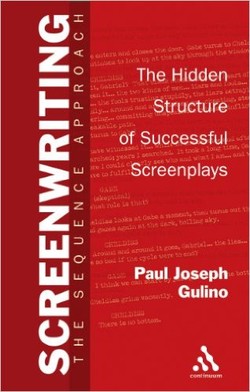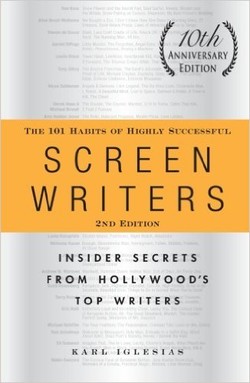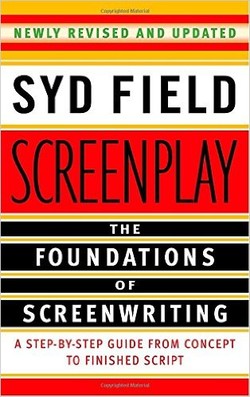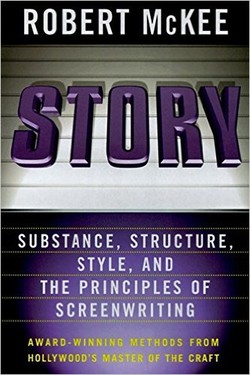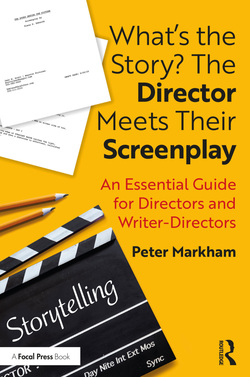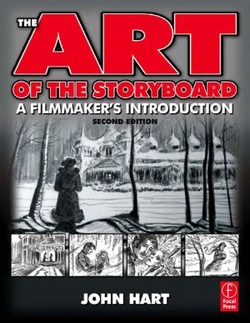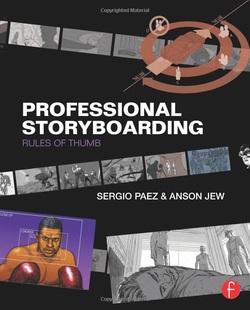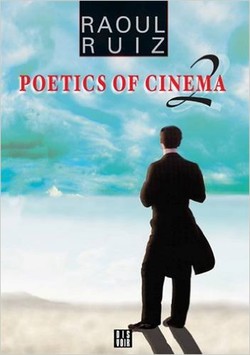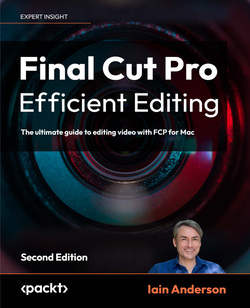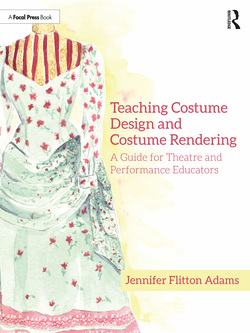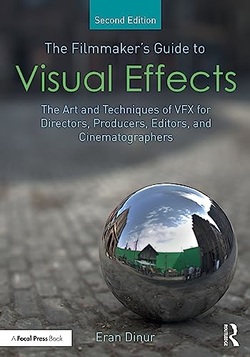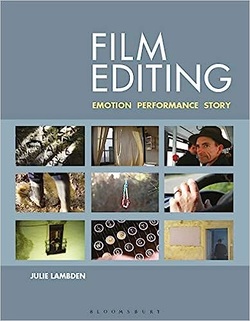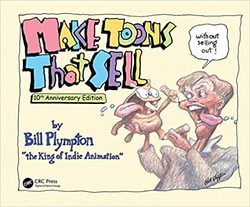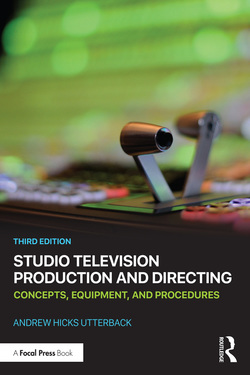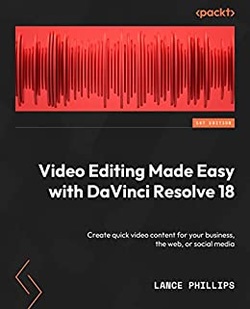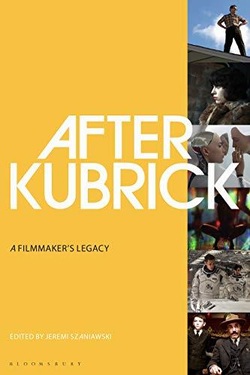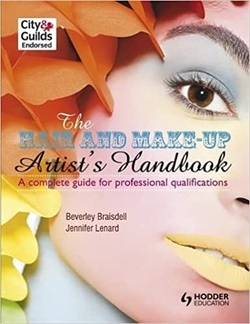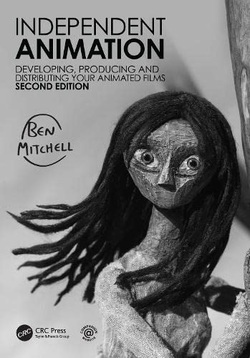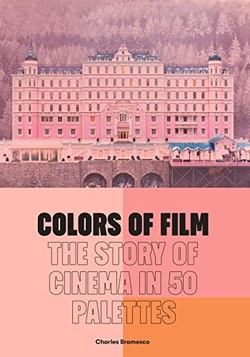نوشتن نمایشنامههای موفق که تصور عمومی و توجه زیادی را به خود جلب کند از دغدغههای فیلمنامهنویسان است.
فیلمنامه چیزی بیش از دنبال کردن تجویزهای دهها تن از فیلمنامهنویسان که در حال حاضر منتشر شده است، میطلبد. یادگیری چگونگیهای نوشتن فیلمنامه بسیار مهم است، اما درک دراماتیک عناصری که یک نمایشنامه خوب را میسازد دارای اهمیتی برابر برای نوشتن یک فیلم فراموش نشدنی میباشد. Lance Lee نویسنده کهنهکار و مدرس در کتاب “شاعرانگی فیلمنامهنویسان” با مروری کامل از عناصر دراماتیک نمایشنامهها، فیلمنامههای الهامدهنده و حرفهای گوناگونی را ارائه میدهد.
این کتاب کاملا بیطرف، روشهای گوناگون فیلمنامهها را بررسی میکند.
فیلمنامه چیزی بیش از دنبال کردن تجویزهای دهها تن از فیلمنامهنویسان که در حال حاضر منتشر شده است، میطلبد. یادگیری چگونگیهای نوشتن فیلمنامه بسیار مهم است، اما درک دراماتیک عناصری که یک نمایشنامه خوب را میسازد دارای اهمیتی برابر برای نوشتن یک فیلم فراموش نشدنی میباشد. Lance Lee نویسنده کهنهکار و مدرس در کتاب “شاعرانگی فیلمنامهنویسان” با مروری کامل از عناصر دراماتیک نمایشنامهها، فیلمنامههای الهامدهنده و حرفهای گوناگونی را ارائه میدهد.
این کتاب کاملا بیطرف، روشهای گوناگون فیلمنامهها را بررسی میکند.
سال انتشار: 2001 | تعداد صفحات: 160 | حجم فایل: 0.68 مگابایت | زبان: انگلیسی
A Poetics for Screenwriters
نویسنده:
Lance Lee
ناشر:
University of Texas Press
ISBN10:
0292747195
ISBN13:
9780292747197
